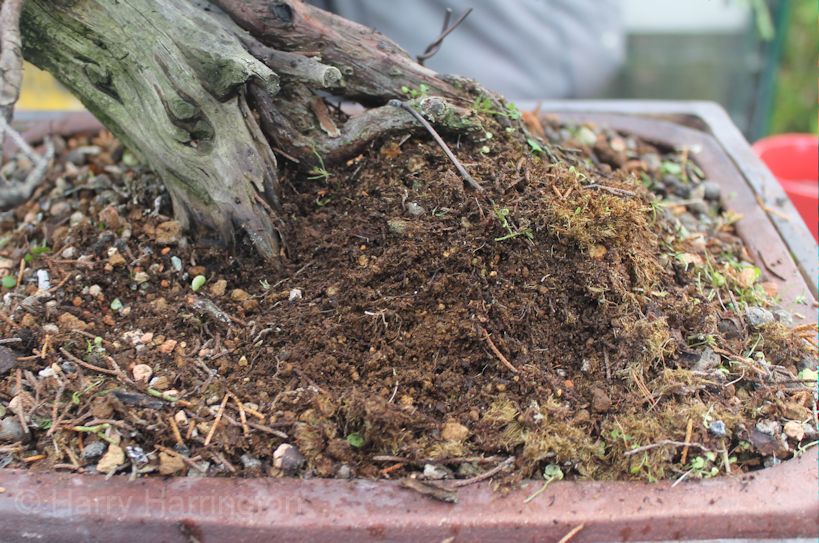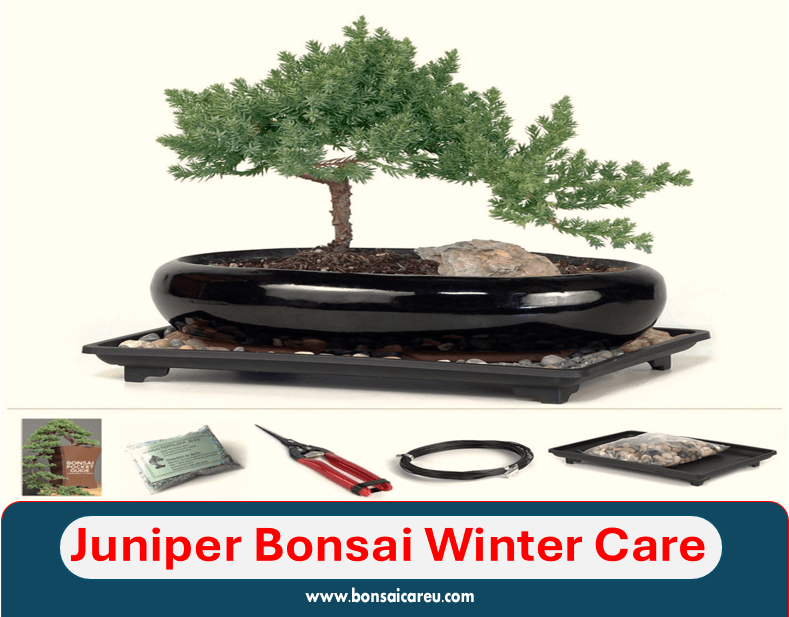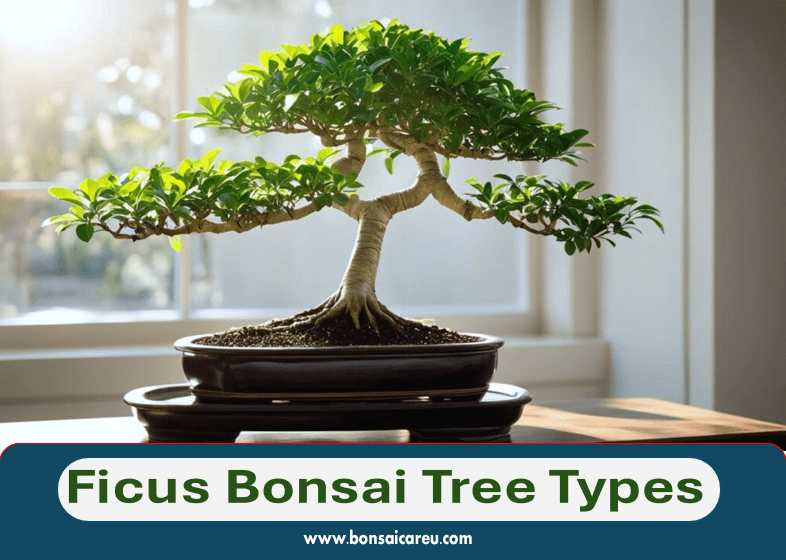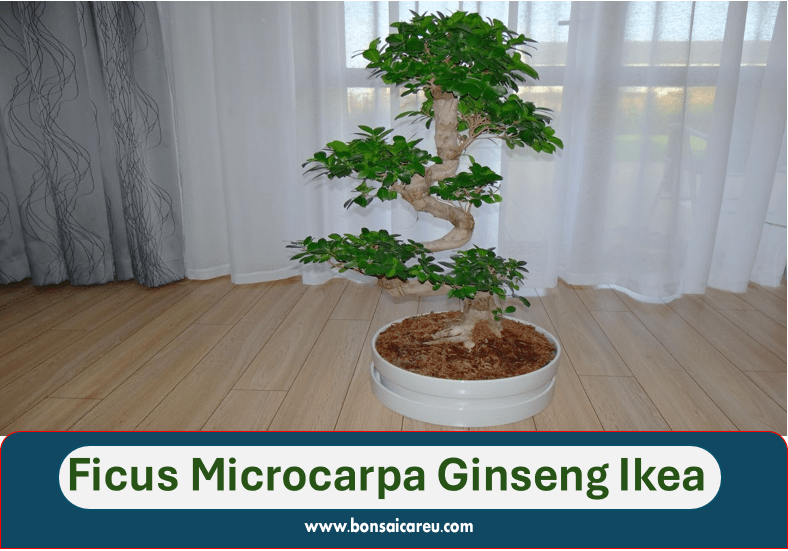Use well-draining soil with a mix of akadama, pumice, and lava rock for bonsai juniper. This soil type provides good aeration and water retention for the juniper’s root system.
Choosing the right soil for your bonsai juniper is crucial for its health and growth. Proper soil composition ensures drainage and aeration, preventing waterlogged roots and root rot. A mix of akadama, pumice, and lava rock is ideal, as it promotes healthy root development and allows for efficient nutrient absorption.
This combination also helps maintain the necessary moisture levels while preventing waterlogging, creating an optimal environment for the juniper to thrive. By using the right soil, you can support the long-term health and beauty of your bonsai juniper.
The Essence Of Soil In Bonsai Cultivation
The Essence of Soil in Bonsai Cultivation cannot be overstated. Soil plays a vital role in the growth and development of bonsai trees. A bonsai tree is a miniature version of a full-grown tree, requiring specialized care. One of the most important aspects of bonsai cultivation is the soil. The right soil composition will ensure your bonsai tree grows healthy and strong.
Key Soil Functions For Bonsai
The soil used for bonsai cultivation serves several functions. It gives the tree a firm base to anchor its roots, allowing for proper nutrient absorption. The soil also retains water, which is crucial for the tree’s survival. Additionally, it allows for proper aeration, ensuring that the roots receive the necessary oxygen to grow.
Unique Soil Requirements For Juniper Bonsai
Juniper bonsai trees have specific soil requirements that differ from those of other types. They require well-draining soil with a higher concentration of inorganic materials such as sand, perlite, or gravel. This type of soil allows for proper drainage and prevents waterlogging, which can cause root rot. Juniper bonsai trees also require soil with a slightly acidic pH level between 5.5 and 6.5.
It is essential to note that the type of soil used for bonsai cultivation will depend on the species of the tree, the climate, and the location of the tree. Therefore, it is crucial to research and understand the specific soil requirements for your bonsai tree before planting.
In conclusion, the soil used for bonsai cultivation is a crucial factor in the growth and development of the tree. The right soil composition will ensure your bonsai tree grows healthy and strong. Understanding the unique soil requirements for your bonsai tree is essential for its long-term survival.
Anatomy Of The Perfect Bonsai Soil Mix
When cultivating healthy and thriving bonsai juniper, the soil you choose plays a crucial role. The right bonsai soil mix ensures proper drainage, aeration, and nutrient availability, which are essential for the health and growth of your bonsai. In this article, we will explore bonsai soil components, the importance of soil texture and drainage, and how to create the perfect bonsai soil mix.
Components Of Bonsai Soil
Bonsai soil is a blend of various components that work together to create an optimal environment for the roots of your bonsai juniper. The key components of a bonsai soil mix include:
- Organic Matter: Organic matter such as compost or peat moss helps retain moisture and provides essential nutrients to the plant.
- Inorganic Matter: Inorganic matter like akadama, pumice, and lava rock promotes proper drainage, improves aeration, and prevents soil compaction.
- Aggregate: Adding aggregate materials such as perlite or coarse sand helps improve drainage and prevents the soil from becoming too compact.
Soil Texture And Drainage
The texture and drainage of the bonsai soil mix are crucial factors in maintaining the health of your juniper bonsai. A good bonsai soil mix should have a balanced texture for water retention and drainage. This balance ensures that the roots receive enough moisture without becoming waterlogged, which can lead to root rot.
The ideal soil mix should have varying-sized particles, which create air pockets and allow for proper root oxygenation. This prevents the roots from suffocating and promotes healthy growth. Additionally, the soil should provide adequate drainage, allowing excess water to flow out of the pot. Poor drainage can lead to waterlogged soil and root rot.
By achieving the right soil texture and drainage, you can create an environment supporting your bonsai juniper’s growth and development.
Nutrition And Fertilization Strategies
When it comes to the nutrition and fertilization of bonsai Juniper, it is essential to understand the specific needs of this unique plant. By focusing on the right nutrients and fertilization strategies, you can ensure the healthy growth and development of your Juniper bonsai.
Essential Nutrients For Juniper Growth
The growth of Juniper bonsai relies on several essential nutrients, each playing a critical role in the plant’s overall health and vitality. These nutrients include:
- Nitrogen
- Phosphorus
- Potassium
- Calcium
- Magnesium
These nutrients promote strong roots, vibrant foliage, and overall resilience in Juniper bonsai.
Fertilizing Schedules And Types
Proper fertilization is key to ensuring the nutritional needs of Juniper bonsai are met. Here are some guidelines for fertilizing schedules and types:
| Fertilizing Schedule | Fertilizer Type |
|---|---|
| Early Spring | Organic, balanced fertilizer |
| Late Spring | Slow-release granular fertilizer |
| Mid-Summer | Diluted liquid fertilizer |
| Fall | Low-nitrogen, high-potassium fertilizer |
Adhering to a well-planned fertilizing schedule and using the appropriate fertilizer types can provide your Juniper bonsai with the necessary nutrients throughout the year.
Ph Levels And Their Impact On Juniper Health
Understanding the pH levels of the soil for your bonsai juniper is crucial to ensuring its health and vitality. The soil’s pH level directly impacts the plant’s ability to absorb essential nutrients, and for junipers, maintaining the right pH level is especially important for their overall well-being.
Understanding Soil Ph
The pH level of soil refers to its acidity or alkalinity. It is measured on a scale of 0 to 14, with 7 being neutral. Levels below 7 are acidic, while levels above 7 are alkaline. For juniper bonsai, the ideal pH range is between 6.0 and 7.5.
Adjusting Soil Ph For Junipers
Before planting your juniper bonsai, it’s essential to test the soil’s pH level. If the pH level is outside the recommended range, adjustments can be made using specific amendments. Adding organic matter such as compost can help raise the pH level, while sulfur or pine bark can be used to lower it.
Watering Techniques And Soil Moisture Retention
Proper watering is crucial for the health and vitality of bonsai juniper trees. Watering techniques and soil moisture retention play a significant role in maintaining the optimal growth conditions for these delicate plants. This section will explore the proper watering methods and discuss the tools you can use to monitor soil moisture levels effectively.
Proper Watering Methods
When watering your bonsai juniper, it is essential to strike a balance. Underwatering can lead to dehydration and stress, while overwatering can cause root rot and suffocation. Follow these proper watering methods to ensure your bonsai juniper thrives:
- Use a watering can or a fine mist spray nozzle to water your bonsai juniper gently.
- Water the soil until you see water draining from the drainage holes at the bottom of the bonsai container.
- Allow the soil to dry out slightly between waterings to prevent overwatering.
- Monitor the soil moisture levels by inserting a wooden chopstick into the soil. It indicates the soil has adequate moisture if it comes out slightly damp. It’s time to water your bonsai juniper if it comes out dry.
Tools For Monitoring Soil Moisture
Having the right tools for monitoring soil moisture is essential for maintaining the health of your bonsai juniper. Here are some tools you can use:
- A moisture meter: This handy device accurately measures the moisture level in the soil. Insert the probe into the soil, and the meter will display the moisture reading.
- A wooden chopstick: As mentioned earlier, a simple wooden chopstick can also be useful for checking soil moisture. Please insert it into the soil and observe its dampness.
- Your senses: Sometimes, your senses can be the best tool for monitoring soil moisture. Touch the soil with your fingers to assess its moisture level. If it feels slightly damp, it indicates adequate moisture. If it feels dry, it’s time to water your bonsai juniper.
Using these tools and following proper watering methods ensures that your bonsai juniper receives the right amount of water, promoting healthy growth and preventing any water-related issues.

Credit: www.bonsaiempire.com
Repotting And Soil Refreshment
Repotting and Soil Refreshment are crucial for maintaining the health and vitality of your Bonsai Juniper. Proper soil care ensures optimal growth and development of your bonsai tree.
Signs It’s Time To Repot
- Roots protruding from drainage holes
- Soil drying out quickly
- Stunted growth despite regular care
Steps For Changing Bonsai Soil
- Carefully remove the bonsai from its current pot
- Gently shake off excess old soil from the roots
- Trim any unhealthy or overgrown roots
- Prepare fresh bonsai soil mix with proper drainage
- Place the bonsai back in the pot and fill with new soil
- Water thoroughly to settle the soil

Credit: bonsai4me.com
Frequently Asked Questions
What Is The Best Potting Soil For Juniper Bonsai?
The best potting soil for juniper bonsai is a well-draining mix of bonsai soil, akadama, and pumice.
What Kind Of Soil Is Best For Juniper?
Junipers thrive in well-draining, sandy soil. A mix of peat moss and perlite is ideal.
What Is The Best Soil Mix For Bonsai?
The best soil mix for bonsai is a well-draining blend of akadama, pumice, and lava rock. It provides good aeration and moisture retention for healthy root growth and overall tree health.
What Do You Plant Juniper Bonsai In?
Juniper bonsai should be planted in well-draining soil, ideally a mix of akadama and pumice. The soil should be slightly acidic, with a pH level of around 6. 0 to 6. 5. It is important to ensure the pot has good drainage holes to prevent waterlogging.
What Kind Of Soil Is Best For Juniper Bonsai?
Juniper bonsai thrives in well-draining soil that is slightly acidic. A mix of Akadama, pumice, and lava rock is ideal.
Can I Use Regular Potting Soil For Juniper Bonsai?
No, regular potting soil will not provide the necessary drainage and aeration that Juniper bonsai requires. It can lead to root rot and other issues.
Conclusion
Choosing the right soil for your Bonsai Juniper is crucial for its health and growth. By understanding the specific needs of your tree and selecting the appropriate soil mix, you can ensure its longevity and vibrancy. Remember, the soil is the foundation of a thriving Bonsai ecosystem.


